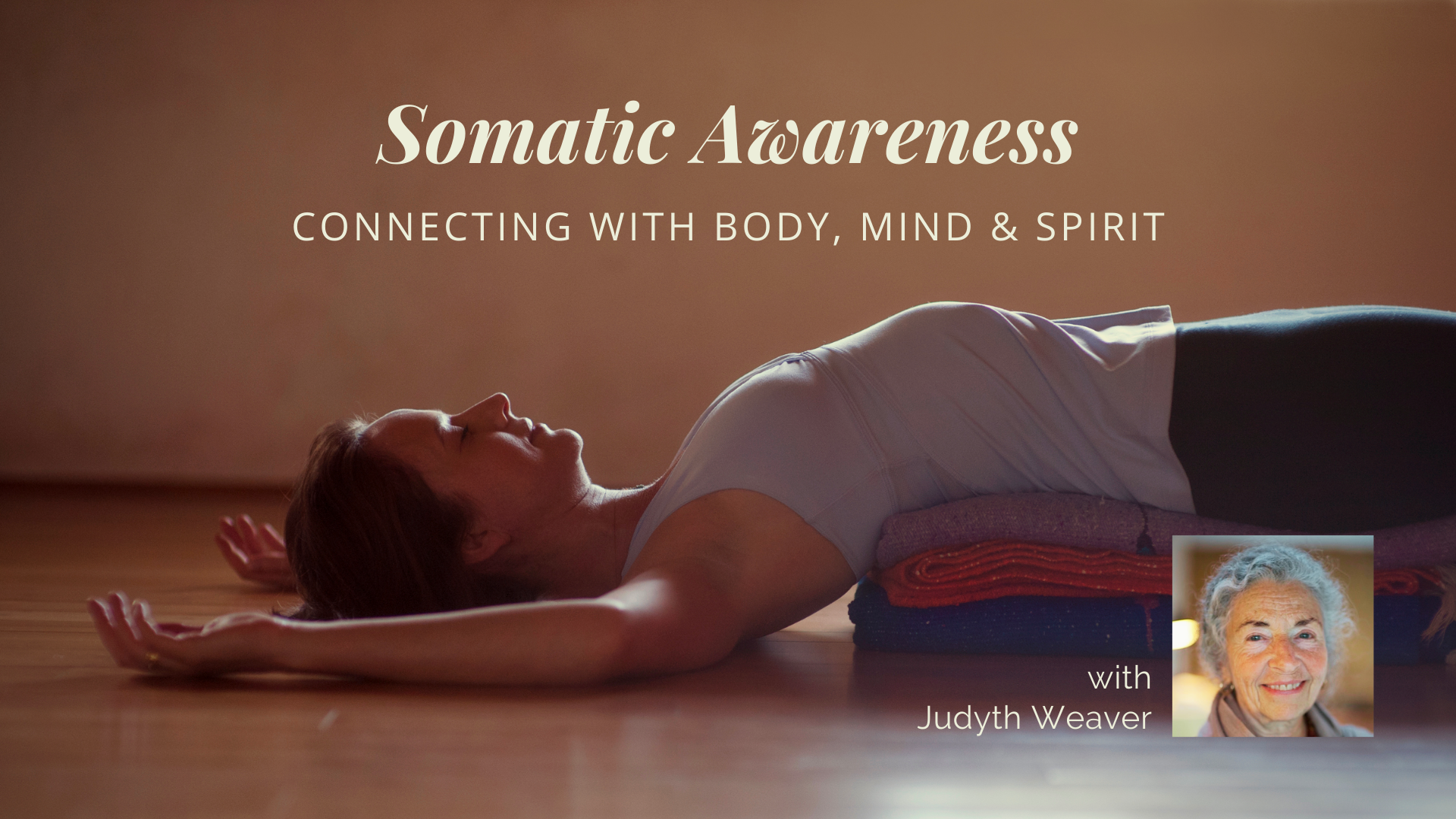Yoga and Bipolar Disorder: New Research Suggests Benefits
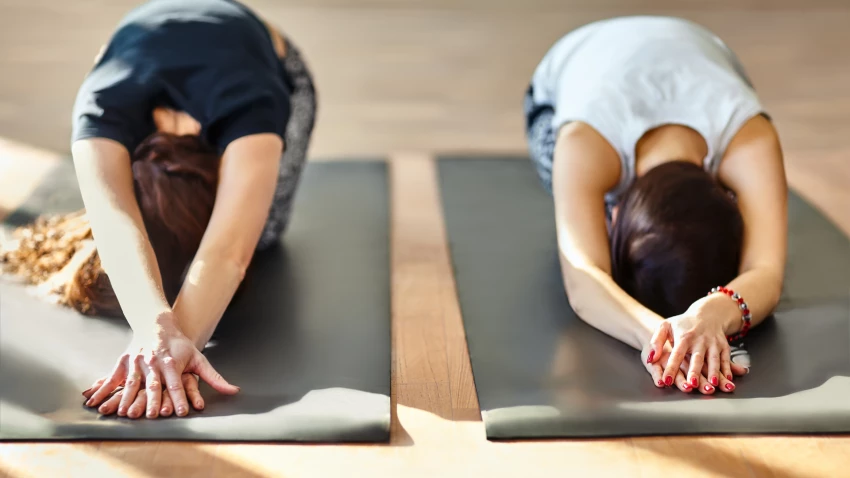
Article At A Glance
Bipolar disorder is a mood disorder that causes extreme mood swings, including periods of manic highs and depressive lows that interfere with daily life. These mood swings can affect judgment, clarity of thought, energy, sleep patterns, behavior, and feelings—which can lead to poor or dangerous decisions, suicidal thoughts, and more. A recent systematic review of bipolar disorder research literature evaluated how yoga and bipolar disorder affect each other and if yoga could be a viable treatment modality for bipolar disorder.
Management of bipolar disorder and its associated symptoms is typically a lifelong endeavor, and researchers and clinicians are constantly trying to evaluate the best treatment modalities. Without treatment, bipolar disorder usually intensifies. However, with an effective treatment plan, individuals with bipolar disorder often lead healthy and productive lives.
Treatment plans often incorporate multiple modalities like psychotherapy, pharmacology, patient education, and healthy habits (such as exercise). These can effectively target potential causes of bipolar disorder like genetics, stress, brain structure and function, and so on.
This latest systematic review of bipolar disorder research attempted to determine if yoga can be an effective treatment modality for bipolar disorder and found somewhat inconclusive results.
What Did Research Say About Yoga and Bipolar Disorder?
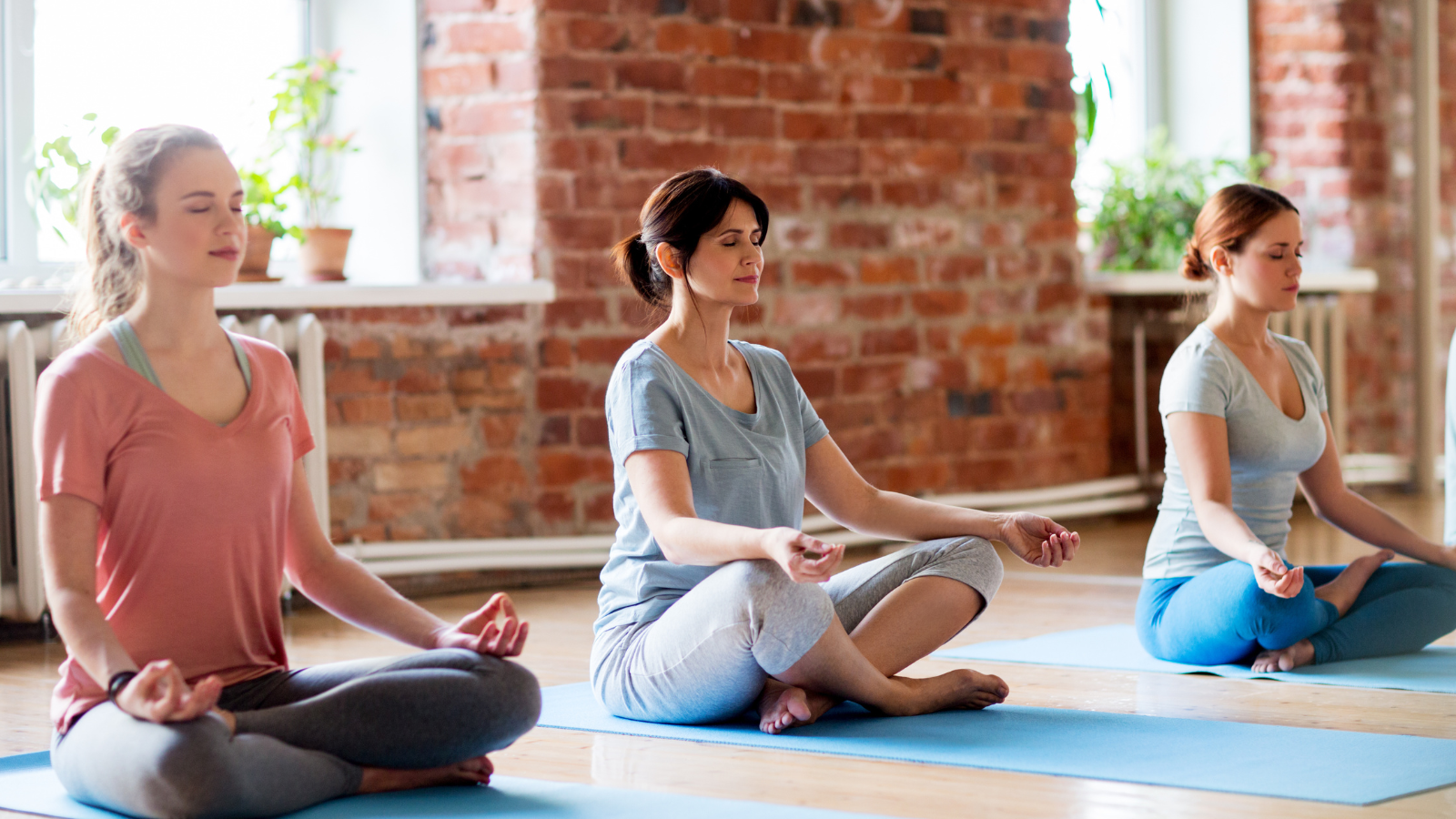
A systematic review, as the name suggests, systematically and rigorously reviews the existing research literature on a particular topic to reduce bias and synthesize and assess relevant studies.
An August 2022 systematic review of bipolar disorder research specifically determined if yoga could be an effective treatment modality for bipolar disorder. The review had strict criteria for inclusion and included five different bipolar disorder research papers about yoga and bipolar disorder. Their findings were mixed.
One of the research papers that they assessed (Uebelacker et al.) found yoga to be a beneficial practice for certain patients with bipolar disorder. Through self-reported surveys of individuals with bipolar I or bipolar II disorder who practice a type of Hatha yoga, most respondents reported improved quality of life, albeit not “life-altering.” The most reported benefits came from meditation and relaxation, and enhanced awareness and calmness were reported as positive outcomes.
What Types of Yoga Practice are Most—and Least—Effective
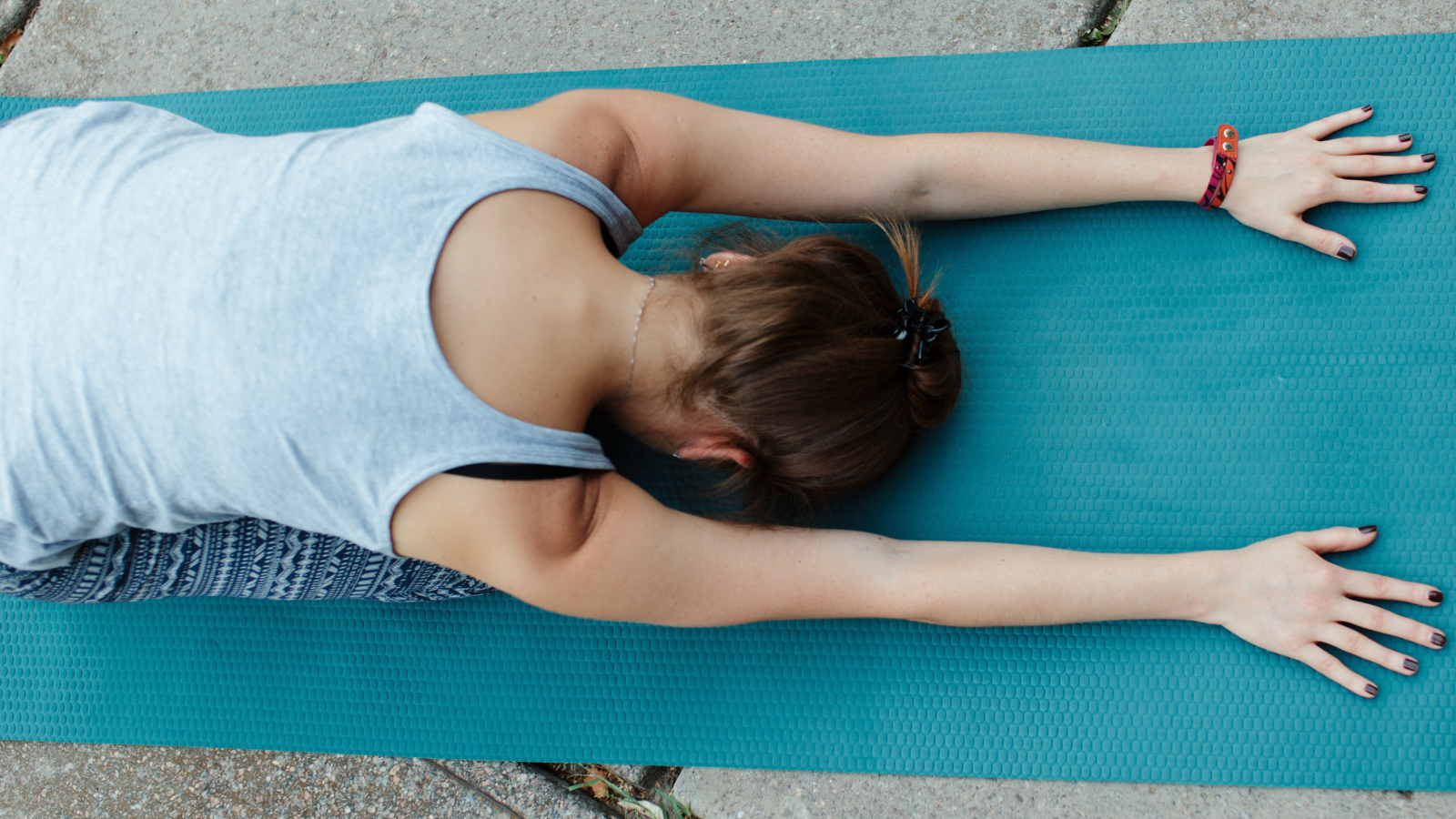
However, participants disagreed about whether yoga helped to prevent or moderate bipolar disorder symptoms. And unfortunately, some studies identified risks associated with using yoga therapy, especially with bipolar disorder patients.
People who have bipolar disorder may be more prone to adverse effects of extreme activities, like fast-paced breathing techniques, warm environments, or slow and contemplative practices. It seems that yogic practices like hot yoga or extreme breathing practices are likely not the best techniques for individuals with bipolar disorder to practice.
Also, it appears that yoga practitioners with bipolar disorder fall prey to the same self-judgment, self-criticism, and comparison to other students in class that most yogis face—which might lead to further detrimental effects when in certain mood swings.
However, in the past, yoga has been shown to positively impact mild to moderate depression, which may prove to be beneficial to individuals with bipolar disorder as well.
The Takeaway on Yoga and Bipolar Disorder, According to the Bipolar Disorder Research
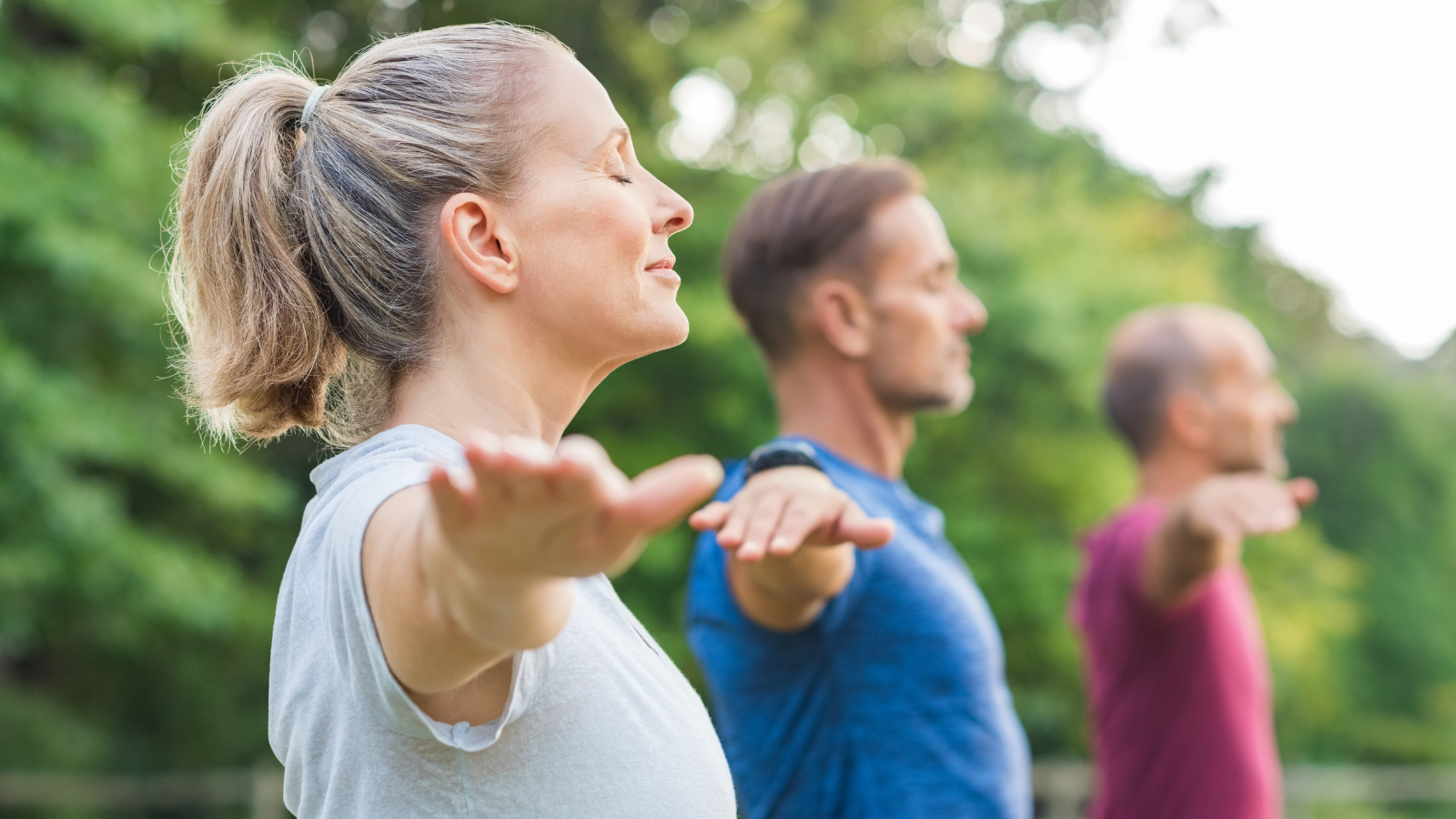
Ultimately, this systematic review concluded that more research is warranted and needed to determine the true effect of yoga on bipolar disorder and whether or not yoga can be used as a complementary therapy for bipolar disorder.
The authors suggested that a closer examination of yoga compared to traditional or purposely non-mindful exercise could help researchers determine the efficacy of yoga as a treatment modality for bipolar disorder and/or the most beneficial aspects of the yoga practice for bipolar disorder patients.
Overall, though, the review found yoga to be relatively safe (other than a few physical injuries), and seemingly effective for those with bipolar disorder. It is still unclear whether yoga is effective as a treatment for bipolar disorder. Still, it appears as if those with bipolar disorder have little to lose by giving gentle yoga a try to see if it offers benefit to them personally.
Click on the image below for more information on this Somatic Awareness course from Judyth Weaver:
Also, read...
Do Yoga and Meditation Reduce Health-Care Utilization? What Studies Say
How Exercise Might Help Brain and Nervous System Health
Related courses
Breath as Medicine: Yogic Breathing for Vital Aging
Yoga and Myofascial Release: Releasing Chronic Tension with the Bodymind Ballwork Method
Yoga and Detoxification: Tips for Stimulating Lymphatic Health

Leah Sugerman is a yoga teacher, writer, and passionate world traveler. An eternally grateful student, she has trained in countless schools and traditions of the practice. She teaches a fusion of the styles she has studied, emphasizing breath, alignment, and anatomical integrity. Leah teaches workshops, retreats, and trainings, both internationally and online. For more information, visit www.leahsugerman.com.


